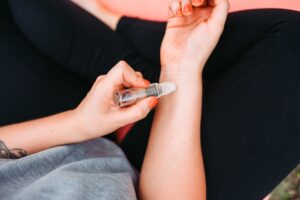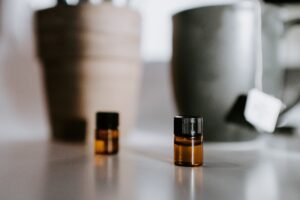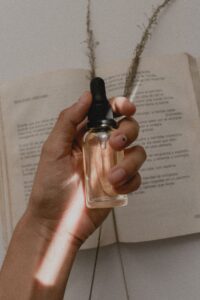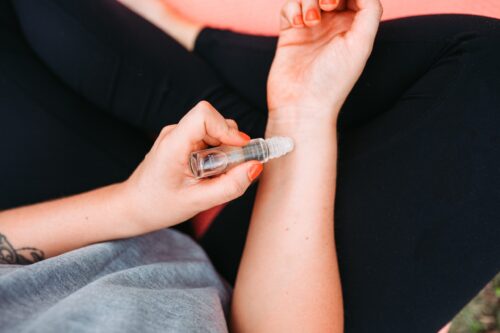
Aromatherapy, with its roots tracing back to ancient civilizations, has gained popularity as a natural approach to promoting well-being. While harnessing the therapeutic potential of essential oils can be powerful, ensuring the safe and responsible usage of these highly concentrated plant extracts is paramount. In this article, we’ll explore some of the most essential aromatherapy safety precautions, helping you to enjoy the benefits of aromatherapy without compromising your health.
Understanding Essential Oils
Before we discuss specific safety measures, it’s essential to understand the potency of essential oils. These concentrated extracts are derived from plants and possess powerful aromatic and therapeutic qualities. Because of their potency, improper use can lead to adverse reactions, sensitization, or other health concerns. Some oils can even be toxic to animals, which is why it is important to always do your due diligence in researching each individual oil, proper dilutions and dosages, benefits, and potential risks.

Dos: Aromatherapy Safety Guidelines
Research Thoroughly:
Familiarize yourself with each essential oil’s properties, benefits, and potential contraindications before using them. Make informed choices based on your specific needs and health conditions.
Dilution is Key:
Essential oils are highly concentrated and should be diluted before applying to the skin. Follow recommended dilution ratios to ensure safe and effective use. A general rule of thumb is 1-2 drops of essential oil per teaspoon of carrier oil for topical applications.
Perform a Patch Test:
Always conduct a patch test before applying any essential oil blend to a larger area of your skin. Apply a small amount on your inner forearm and wait 24 hours to check for any adverse reactions.
Use Quality Oils:
Choose high-quality, pure essential oils from reputable sources. Look for oils that are labelled as “100% pure” and avoid those with additives, fillers, or synthetic fragrances.
Consult A Professional, or Become One:
If you’re pregnant, nursing, have a medical condition or are taking medications, consult a qualified healthcare provider or certified aromatherapy practitioner before using essential oils. You can also study to become an Aromatherapy Practitioner from home in as little as 8-12 weeks! Some oils are not suitable for certain populations, so finding people who have studied aromatherapy and working closely with them is essential.

Don’ts: Mistakes to Avoid
Internal Use Without Guidance:
In general, avoid ingesting essential oils without proper supervision from a trained aromatherapist or healthcare professional. Some oils can be toxic when taken internally.
Direct Skin Contact:
Never apply undiluted essential oils directly to the skin. This can cause skin irritation, sensitization, or allergic reactions. Always dilute oils with carrier oils before applying topically.
Eyes and Mucous Membranes:
Avoid direct contact with eyes, ears, and other sensitive areas. If accidental contact occurs, rinse thoroughly with a carrier oil or milk, and seek medical attention if irritation persists.
Overuse:
More is not always better. Using excessive amounts of essential oils won’t necessarily provide better results and could increase the risk of adverse reactions.
Sun Exposure:
Some essential oils are photosensitive and can cause skin reactions when exposed to sunlight. Avoid sun exposure for at least 12-24 hours after applying photosensitive oils topically.
Final Thoughts
Aromatherapy can be the cornerstone of a beautiful journey into the world of medicinal plants and their medicinal properties. By following these dos and don’ts for safe aromatherapy usage, you can enjoy the benefits of essential oils while safeguarding your health and well-being. Remember that safety is paramount, and if you’re uncertain about any aspect of aromatherapy, consulting a knowledgeable aromatherapist or healthcare professional can provide you with the guidance you need to create a safe and enjoyable experience.


